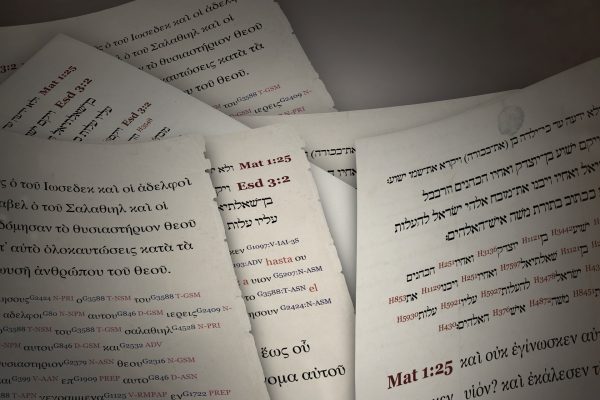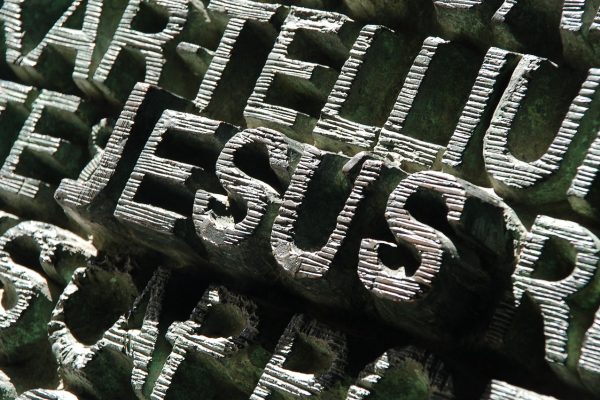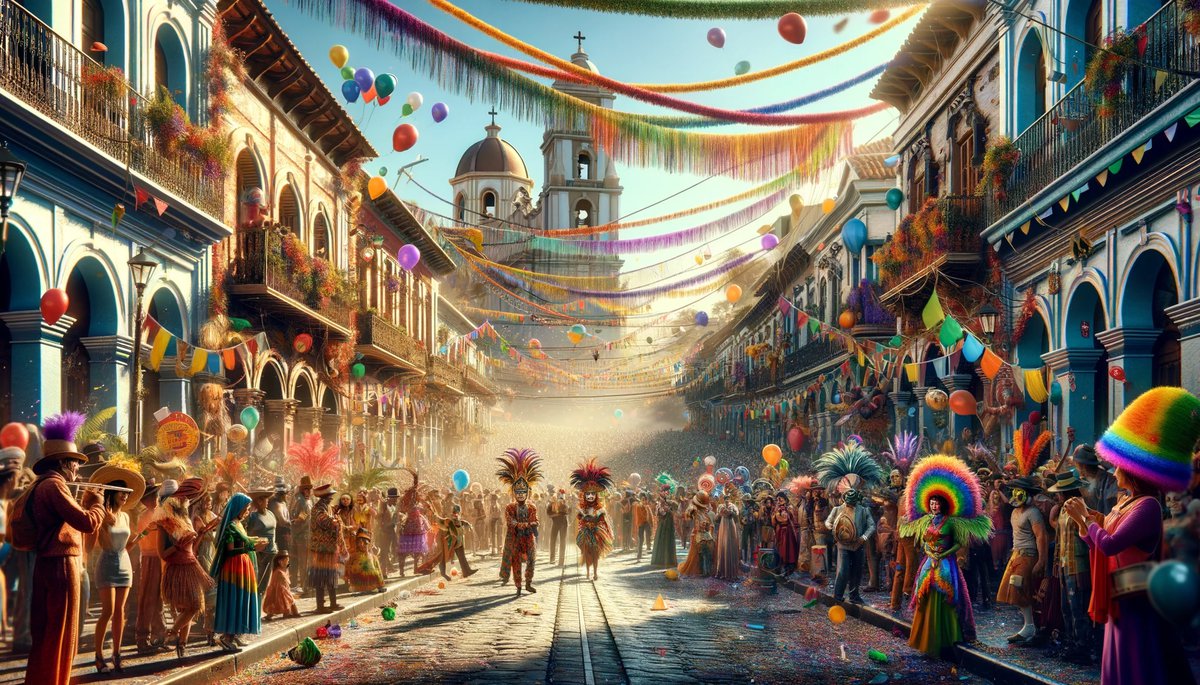Home>Christian Resources>Pagan Holidays Vs. Christian Holidays Historical Facts
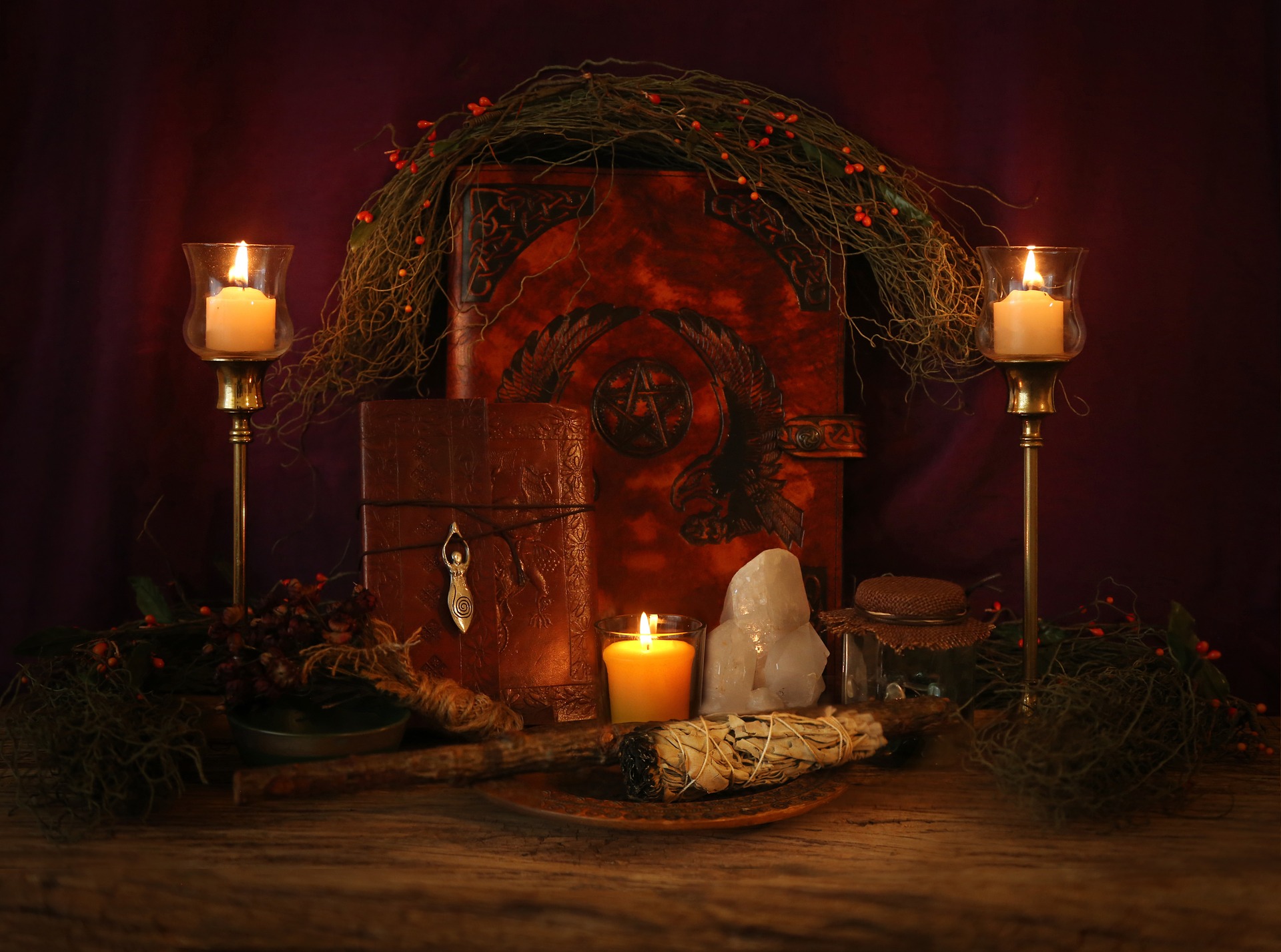
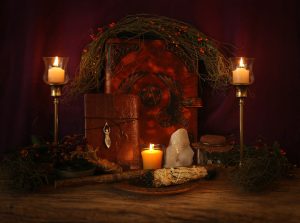
Christian Resources
Pagan Holidays Vs. Christian Holidays Historical Facts
Modified: January 9, 2024
Ericka Andersen, an editor at Christian.net, expertly merges digital strategy with content creation, focusing on faith and societal issues. Her communication skills enhance the platform's engaging narratives, fostering meaningful dialogue on belief's impact on society.
Pagan holidays are dangerous to our spiritual relationship with the Lord. What we celebrate and for who we are celebraing it is crucial.
(Many of the links in this article redirect to a specific reviewed product. Your purchase of these products through affiliate links helps to generate commission for Christian.net, at no extra cost. Learn more)
“What are you celebrating and who is it for?” This is a question about pagan Holidays that need to be answered.
Throughout the entire Bible, God has given us reminders and warnings as to who and where we should keep our eyes on. Admittedly, the work presents false teachings and flawed beliefs that drive us away from God little by little. One of these warnings is what we call and know as pagan holidays. This was introduced in Colossians 2:8 where we are reminded to be cautious, not to be enticed by philosophy and empty deceit.
Additionally, Colossians also adds that these “human traditions” are according to the elemental spirits of the world. And of course, this means that these traditions keep no tracks of God. Now, let’s split the words “pagan holiday” to understand what this means. In these celebrations, pagans take off a holiday or a celebration to commemorate events that worship, appreciate, and offer to false teachings or gods.
Paganism, Pagans And Its Holidays
Paganism is a broad topic with different opinions from different backgrounds. Others say that it is a belief surrounding the powers of witchcraft and supernatural energies. On the other hand, others say that it is the belief and dependence on supernatural realities. These directly connect and controls physical reality. Even to this day, the definition of what paganism stands for is still unclear. However, the Bible defines this in a different light. Unlike the definitions of today, the Bible stands firmly on one thing about paganism and that it is wrong and sinful.
God teaches us to stand firm against the enemy’s deceit. The idea of celebrating pagan holidays is brought into question in Matthew 15:3. We are given a question by God in this verse – “Why would you break God’s Commandments for the sake of your tradition?”. It’s a simple concept to understand. For example, Filipinos celebrate the Panagbenga Festival because they are Filipinos, right? So, if a person celebrates a pagan holiday, it comes as a given that this person is a pagan or someone who is open to committing pagan activities.
The Fault Behind Paganism
So, what’s so wrong with being or doing activities that are considered pagan?. As believers, we fully understand and acknowledge that only God is God and that idols and false gods aren’t. Also, we know that everything comes from God only. But, this the opposite of what pagans believe in. These beliefs are rooted in the dependence on other gods and supernatural energies that is in great opposition to what God has commanded us to do.
Moreover, paganism is not something taken lightly in the Bible. Revelation 22:15 tells us of the classifications of the things one can see “outside”. Dogs, sorcerers, the sexually immoral, murderers, and the lovers of falsehood are in the list. Of course, this is expected since paganism opposes one of God’s greatest commandments which is to serve Him and only Him.
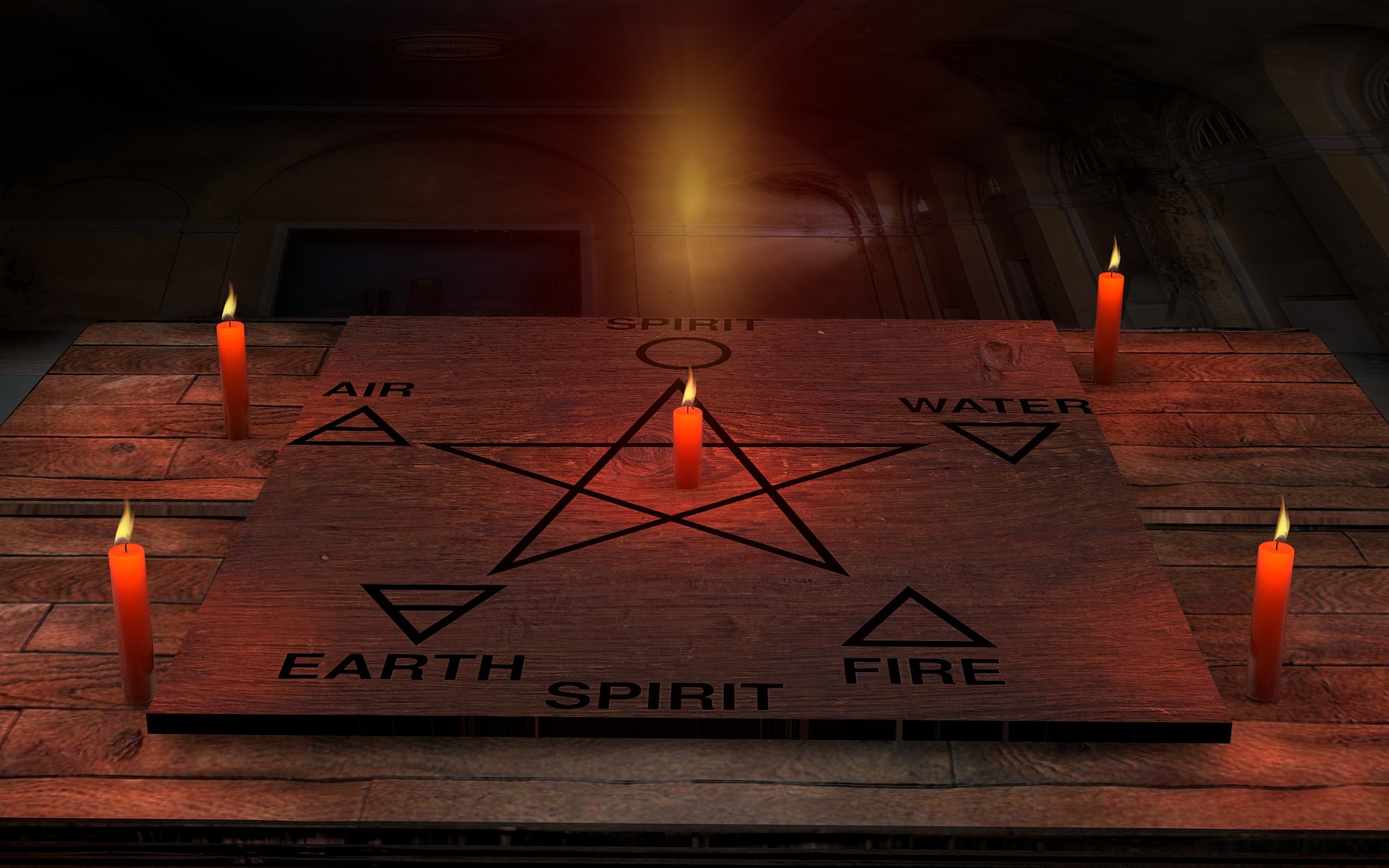
What’s Wrong With Pagan Holidays?
The term “holiday” sounds light. But, adding this word with “pagan” is far from being light. As a matter of fact, pagan holidays are offensive and sinful in the eyes of the Lord. These holidays are wrong because of their origins and the meaning behind why they are celebrated in the first place.
Pagan Holidays Make Us Unfamiliar With God
The thing is. when we celebrate it, we justify it. And the moment we start justifying or tolerating things that are not aligned with what God has told us, we grow unfamiliar with Him. In Leviticus 19:31, God tells us not to seek “necromancers” and that He is the Lord. Of course, when we feed ourselves with lies that justify such pagan-centered acts, we turn away from God’s Commandments. This does no good for our relationship with God.
Instead of justifying pagan celebrations or actions, a better alternative is to seek God’s Word. The more we are exposed to what God is saying in the Bible, the more we know what to celebrate. When we know what God has been doing for us from the moment we were born to the last days of our earthly lives, then, we’ll know what celebration is really like with God. So, avoid celebrating pagan holidays and celebrate life with God instead.
Celebrating It Tolerates False Teachings
Similar to justification, celebrating pagan holidays promote false teachings. The Bible is our source of what is right and what isn’t. The problem with these holidays is that it alters what is written in the Bible and creates its very own rendition of why something is celebrated or honored in the first place. Some pagan holidays are flawed in the sense that it draws people to celebrate an event that shouldn’t really be celebrated.
Halloween or All Hallows’ Eve in some countries and cultures, for example, aren’t necessarily pagan. It depends on what the person is celebrating Halloween for. The flawed side of celebrating this is when somebody is honoring spirits more than the actual intention of praying and seeking God for the souls to rest peacefully. In most cases, people seem to mistaken the core of why celebrations exist and stick to what is falsely projected and that’s what makes a holiday, a pagan holiday.
Read more: What Is Calvinism Vs Baptist
Examples of Pagan Holidays In History vs. Today

Halloween
This holiday is differently celebrated depending on the culture. In Western countries, Halloween is a celebration with the annual “trick-or-treating” with candies and costumes. Meanwhile, other Southeast Asian countries focus more on celebrating the souls of the gone. Interestingly, its name “Halloween” derives from a Catholic background, being the day that precedes All Hallows’ Day. Thus, the origin of its name. Other countries that have a higher number of Christians see Halloween as the moment to pray and honor the dead. Nevertheless, The Scripture has never mentioned the need to celebrate Halloween.
Now, here’s where Halloween gets a little shady, its pagan background. Halloween was actually a time for pagans to serve their gods by honoring evil spirits. Because of this intention, they’d clothe themselves as evil spirits which explains how others dress up as different monsters and characters in today’s time. Candy, which is essential in celebrating today’s version of Halloween, was actually used to be an offering for the evil spirits.
Also, the ever-popular phase that is “trick or treats” has a dark pagan background. This circulated in the concept of how evil spirits would do something bad or painful – trick if they do not offer their sacrifices or treats. As a result, people would hang their food on their doors as sacrifices for the spirits.
Halloween Today
The noticeable pattern of Halloween’s evolution is how it is becoming less and less pagan-based throughout the stretch of time. Today, Halloween is a fun-filled celebration of being able to dress up in any character you’d like. It is more of like a “cosplay” event in present times. So, though this glamorous annual celebration lies a pagan background, it has become less “demonic” than it had been.

Christmas
Christmas is probably a holiday no one expects to see on a pagan holiday list. Today’s celebration of the Birth of Jesus is not pagan. But, the history of how Christmas came to be is different than how it is being celebrated today. Hundreds of years ago, the ancient French and British Druids (people with labels of intellect, godly intervention, and philosophy at the time) staged a festival. This festival consists of twelve days at the time of the winter solstice.
Their belief circulates on how there is going to be an annual clash between an “ice giant” or death and the “sun god” or life. To cheer on the sun god, they built massive bonfires and their pagan leaders assisted on rituals. They also encouraged their god with cutting evergreen trees and decorating it to their homes as a symbol of their support. This is how Christmas trees originated not from the Scripture but, from pagan tradition.
Finally, when the Roman Catholic missionaries came, this changed. Instead of celebrating the sun god, the Son of God became the core of Christmas. After this, Christmas became the holiday we now know as The Birth of our Savior.
Christmas Today
Again, the message between today’s version of Christmas is different. Gone are the days of celebrating Christmas for the purpose of worshipping evil spirits. Today, Christmas is a beautiful and important season to thank and celebrate the life and sacrifice of Jesus. It is a time an season to spread love, joy, and happiness. A season of giving and a time to spend with your family. In other countries, Christmas is known as the most awaited season. Although the exact date when Jesus was born is still an unanswered mystery. This does not hinder other cultures in commemorating the absolute epitome of love which is Jesus. As a disclaimer, celebrating Christmas does not make someone a pagan as long as their reason for celebrating also isn’t pagan.

Easter
Easter is one of the most fundamental events a believer should celebrate. While it is true that Easter roots to the celebration of Jesus’ resurrection, its origins says the opposite. The celebration actually originates from praising a Chaldean goddess, Astarte. She is known as the “Queen of Heaven” and her Babylonian name is “Ishtar”. From this, the term “Easter” is born. Ishtar is the goddess of love and fertility which is why her symbols are eggs and rabbits.
This pagan holiday consists of people worshipping the goddess with an annual spring festival. The pagans ask Ishtar to bless fertility over their crops and bless their animals. Aside from decoration eggs, this pagan holiday has a dark tradition. The pagans would get involved in ritual sex acts with the prostitutes of their temples to honor the goddess of fertility.
Easter Today
Just like the other seasons, people do not celebrate Easter for the said goddess. Instead, Easter is a lively and warm celebration to welcome the new life God blesses His people. As for the traditions, yes, we still decorate eggs and use rabbits as symbols of Easter. These do not have any references from the Bible but, the meaning of Easter today is not based on its pagan past.
For instance, people today do not associate eggs and rabbits as tools of worship for Ishtar. Instead, these symbolize new beginnings made possible by the Resurrection of Jesus. A celebration is not pagan as long as the person celebrating it understands the line between what’s right and wrong. Celebrating the love of Christ is beautiful!
Culture Vs. Paganism
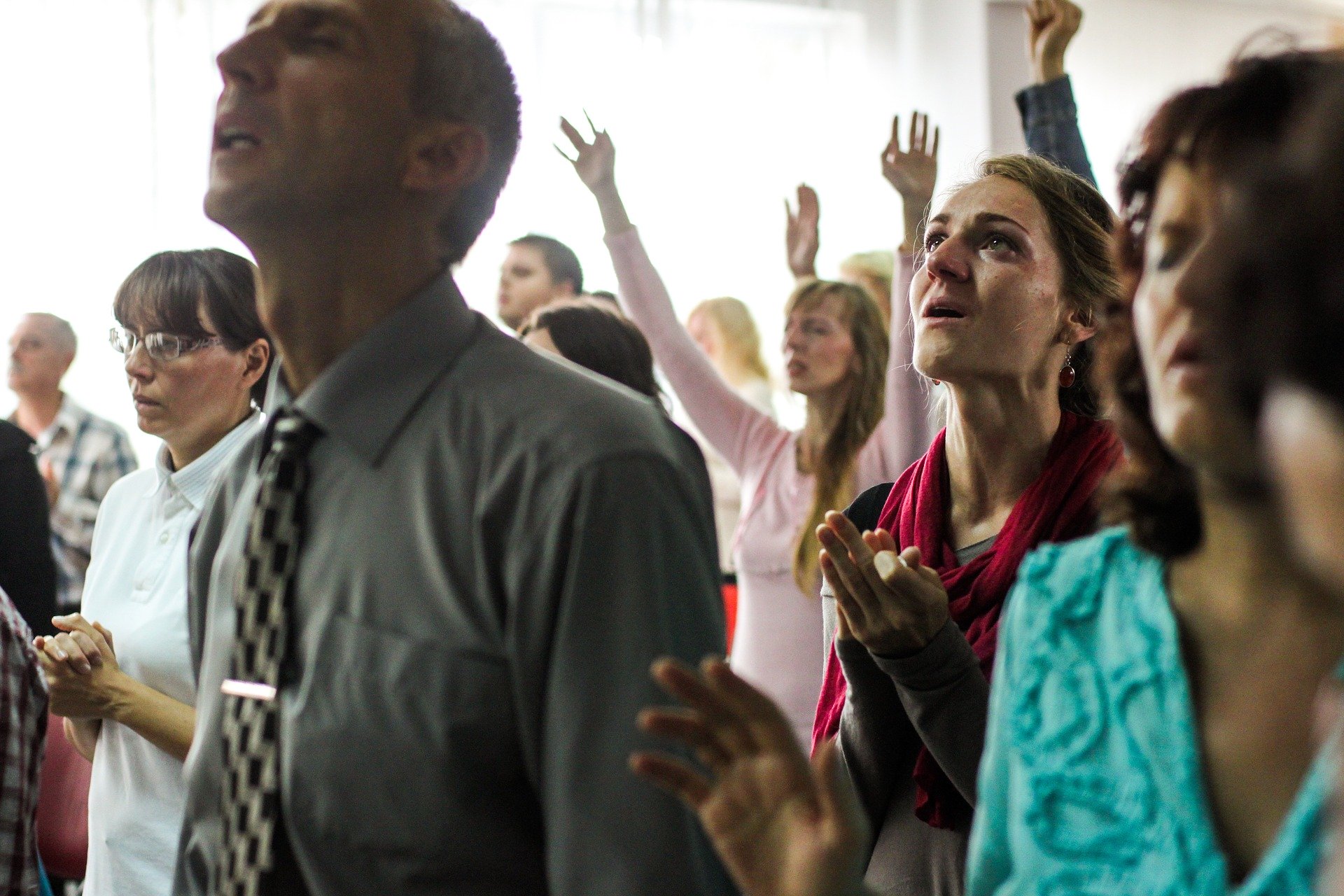
The challenging part about learning and avoiding pagan holidays lies in understanding. There is a fine line that separates right and wrong, Today, there are many cultures that celebrate holidays from a pagan background. This situation spews fire between conservative faith and the non-conservatives. But, we also have to retain the commandment of not judging those who celebrate events like these.
The line that separates what is right and wrong is the cause of why something is celebrated in the first place. Worshipping God is great. In fact, it is our responsibility to do so. If a person discards an event’s pagan history and alters its meaning in favor of praising God. Then, this person is not offending God. It all lies in the interpretation of a person’s intention. All believers have a mission in being careful of what they celebrate. Remember, the enemy wants us to sin and severe our ties with God. This is why we have to do our best on our part to celebrate what needs to be celebrated.
The Mission Of A Believer
Pagan holidays are pointless to believers who commemorates God’s goodness on a daily basis. What these celebrations persuades us to do is to insist on adoring God. We do not need a moment to be enriched with the historical background just to thank God. In fact, we can thank God at any time, anywhere! The purpose of celebrating in God’s Name does not need fancy traditions and glamorous symbolism, just our genuine hearts alone is more than enough!
Lastly, we have to be careful. Deuteronomy 12:32 tells us to be careful for God tells us the ways not to worship Him (Deuteronomy 12:30-31). It lies as our responsibilities as believers to draw the line between what’s acceptable and not. Whenever we celebrate something, may this be a cultural or personal-induced commemoration, we should always ask ourselves if this is pleasing God or if it’s doing the opposite. Worshipping God is one of the best and most fulfilling acts we can do as humans – especially if we are doing it correctly!
